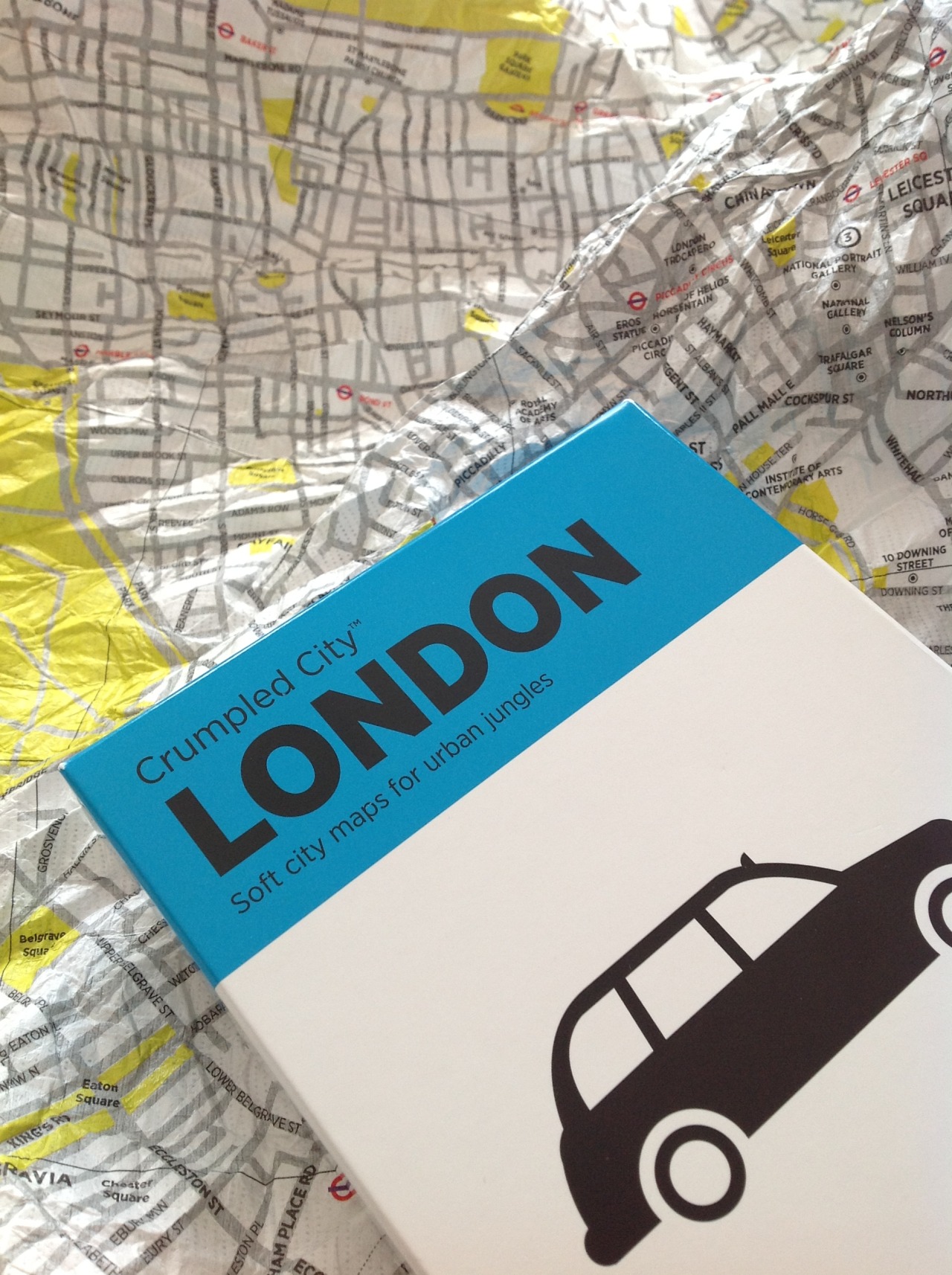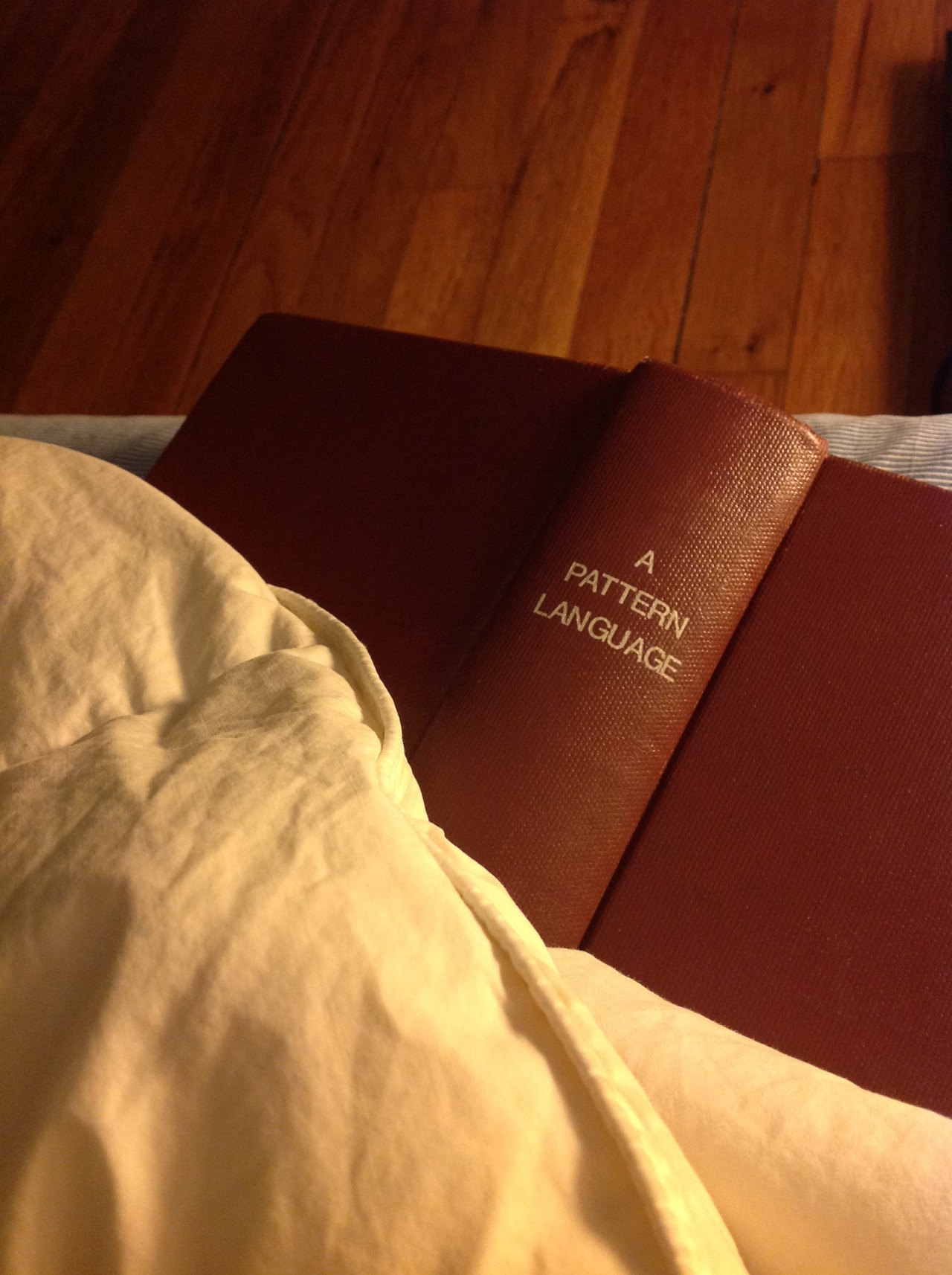Animal-drawn plows varied from country to country and even from one farm to the next. They had to be coordinated with the type of soil, the moisture content, the kind of planting, the draft animals used, and the farmer's own movement. When animals were replaced by mechanical power, plows were simplified, the differences between them became less, and the variations between plows used in some areas disappeared completely. With mechanical power, it was no longer necessary to design each plow individually. General plows were designed to work almost any kind of soil. The farmer was freed from the constraints of his environment. He no longer had to understand his plow in relation to his soil composition.
christopher and charlotte williams, craftsmen of necessity
Mar 24, 2013
too light winning make the prize light
Posted by
vaughn tan
0
comments
![]()
![]()
Labels: ambiguity, complexity, decisions, dissertation, entropy, epistemology, execution success, instruction, intransigence, intuition, moral fibre, scalefree, sociology, sustainability, technology, the good life, theory
Mar 23, 2013
Mar 22, 2013
crushed earth

if i move here, i will be cartographically prepared. doubles as weatherproofing. [thx g + c]
Posted by
vaughn tan
0
comments
![]()
![]()
Mar 13, 2013
bedtime reading

worthwhile, and the opening pages about pattern should be required reading for organizational behaviorists.
... no pattern is an isolated entity. Each pattern can exist in the world only to the extent that is supported by other patterns: the larger patterns in which it is embedded, the patterns of the same size that surround it, and the smaller patterns which are embedded in it. This is a fundamental view of the world. It says that when you build a thing you cannot merely build that thing in isolation, but must also repair the world around it, and within it, so that the larger world at that one place becomes more coherent, and more whole ...
christopher alexander and collaborators; a pattern language
Posted by
vaughn tan
0
comments
![]()
![]()
Labels: architecture, books, complexity, education, scalefree, the good life, theory
the island
interviewer: What would you like to tell people?
andrei tarkovsky: I don’t know … I think I’d like to say only that they should learn to be alone and try to spend as much time as possible by themselves. I think one of the faults of young people today is that they try to come together around events that are noisy, almost aggressive at times. This desire to be together in order to not feel alone is an unfortunate symptom, in my opinion. Every person needs to learn from childhood how to spend time with oneself. That doesn’t mean he should be lonely, but that he shouldn’t grow bored with himself because people who grow bored in their own company seem to me in danger, from a self-esteem point of view.
[from the increasingly tiresome but still frequently interesting brainpickings, to whom i say: "concision is a virtue."]
Posted by
vaughn tan
0
comments
![]()
![]()
Labels: dis-ease, execution success, instruction, intransigence, intuition, moral fibre, process, the good life
Mar 9, 2013
drop by drop, it becomes a river
"Renunciation," I said, "even at this late date, can work." "I'd agree with that," said Arkady. "The world, if it has a future, has an ascetic future."
bruce chatwin, the songlines
Posted by
vaughn tan
0
comments
![]()
![]()
Labels: books, complexity, epistemology, execution success, instruction, intransigence, intuition, moral fibre., research, scalefree, sustainability, theory
Mar 4, 2013
going nowhere, seeking no victory
saturday, before dinner at 900 degrees in manchester, NH—a pizza parlor with no similarities to this new york museum of pizza diversity other than the name—we saw japanese swords at the nearby currier museum of art, which also contains a stunningly difficult laminated desk by jere osgood.
The narrow view of natural farming says that it is good for the farmer to apply organic material to the soil and good to raise animals, and that this is the best and most efficient way to put nature to use. To speak in terms of personal practice, this is fine, but with this way alone, the spirit of true natural farming cannot be kept alive. This kind of narrow natural farming is analogous to the school of swordsmanship known as the one-stroke school, which seeks victory through the skillful, yet self-conscious application of technique. Modern industrial farming follows the two-stroke school, which believes that victory can be won by delivering the greatest barrage of swordstrokes. Pure natural farming, by contrast, is the no-stroke school. It goes nowhere and seeks no victory.more fukuoka here. context is important: the pizza would have been better had greatness not been keenly anticipated.
Posted by
vaughn tan
0
comments
![]()
![]()
Labels: agriculture, art, execution success, japan, museums, sustainability, swords, the good life, theory, wood
Mar 3, 2013
the ocean of unknown possibility
richard feynman, he say: "i think it is much more interesting to live not knowing than to have answers that might be wrong." right on.
Posted by
vaughn tan
0
comments
![]()
![]()
Labels: ambiguity, dissertation, epistemology, feynman, risk, the good life, theory, uncertainty

